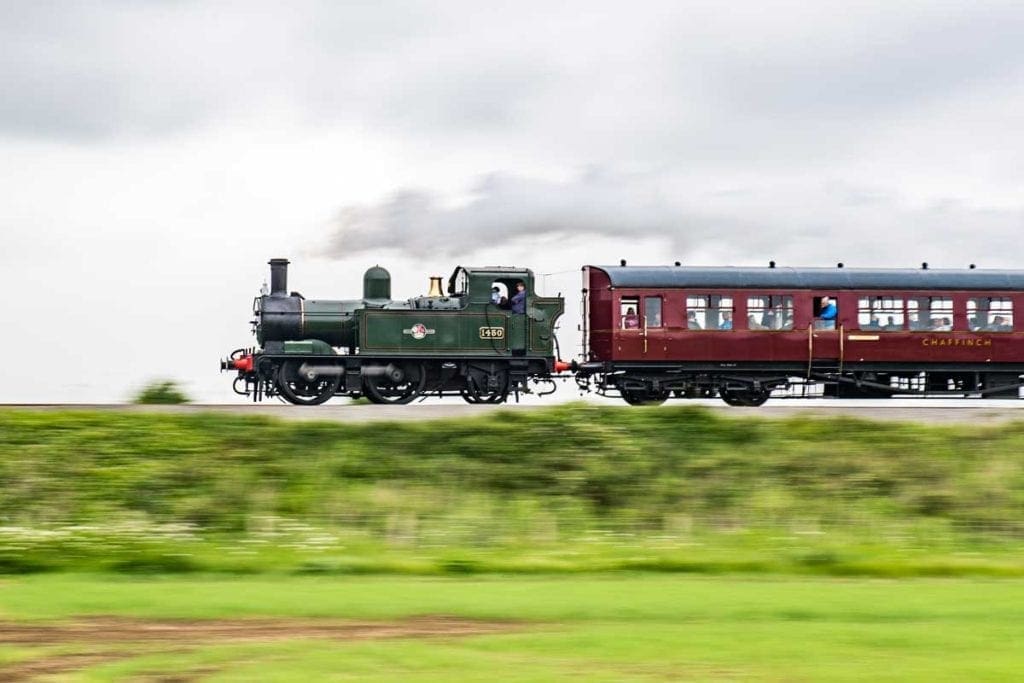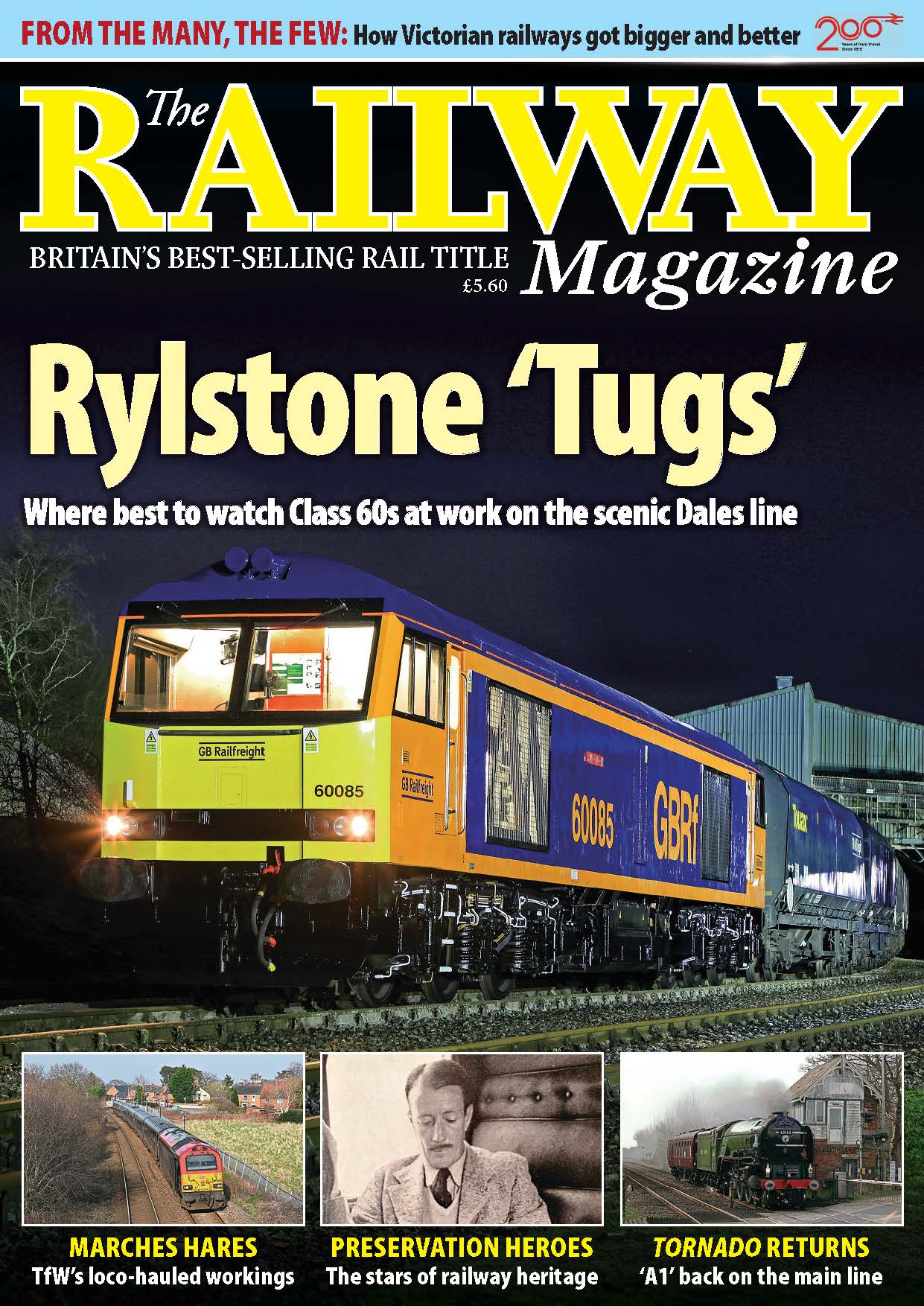
The Gloucestershire Warwickshire Steam Railway (GWSR), which operates steam and heritage diesel trains over its 14 mile line between Cheltenham and Broadway, is facing a cash crisis – and is appealing for help from supporters.
An embankment slip and the closure of the line because of the Coronavirus outbreak means the railway is unable to fully fund the necessary civil engineering work to repair the damage. This week, the GWSR has launched an emergency appeal for help.
Work on repairing the slip, around half a mile south of Gotherington station, is already under way thanks to a substantial contribution from the railway’s supporting charitable group, Gloucestershire Warwickshire Railway Trust (GWRT).
Repairs had been carried out sufficiently for trains safely to pass the site of the slip when the railway reopened after its winter break on March 7. Special trains laid on for the Cheltenham Festival were also able to run.
However, the problem has rapidly escalated since Government advice forced the line to close until further notice.
Since then, revenue from ticket sales and catering have been slashed, and special events – including ‘Wartime in the Cotswolds’ and the ‘Cotswold Festival of Steam’ – have been cancelled.
‘Black hole‘
The GWSR stresses that works on the embankment – which is undergoing ‘soil nailing’ and ‘sheet piling’ using specialist contractors to permanently repair the slip – must continue in order to ensure the future of the railway.
Richard Johnson, the voluntary chairman of GWSR Plc said: “Standing at the top of the affected embankment, we are in every sense staring into a black hole that is fast sucking in cash.
“We can’t halt work on the slip, which has turned out to be more severe than originally thought. We believe it was caused by persistent heavy rain following a dry summer. The ground is continuing to move.
“If we halt works now to save money, the eventual repair cost will be considerably greater than if work continues now.
“And, as if this wasn’t bad enough, the escalating Coronavirus pandemic has meant that the line has had to close.
“What’s more, a high proportion of the volunteers on our volunteer-run railway, are unable to offer their time because they are in the ‘high risk’ category and must self-isolate.”
He points out that the railway has just six employees but over 950 volunteers who operate the railway on a day-to-day basis.
“Closing the railway means that money will very quickly run out and we are therefore appealing to supporters, shareholders and the public, who gain so much enjoyment from the operation of trains, to generously respond to our appeal.
“We need to raise at least £250,000 as quickly as we can. Otherwise the consequences are unthinkable: we would face a stark future for our line.”
Mr Johnson explains that had the railway been running, income from ticket sales could be ploughed straight into the embankment repair costs. Last year, the line carried more than 125,000 passengers.
“This is a real double blow,” he says.
“We believe we could have funded most of the embankment repair cost had trains been running and we could have planned for an appeal for support over a longer period. But trains are not running and we need to replace that lost revenue: and fast.”
The GWSR is offering a range of ways to support it through this crisis. Full information is available on www.gwsr.com or on social media.


